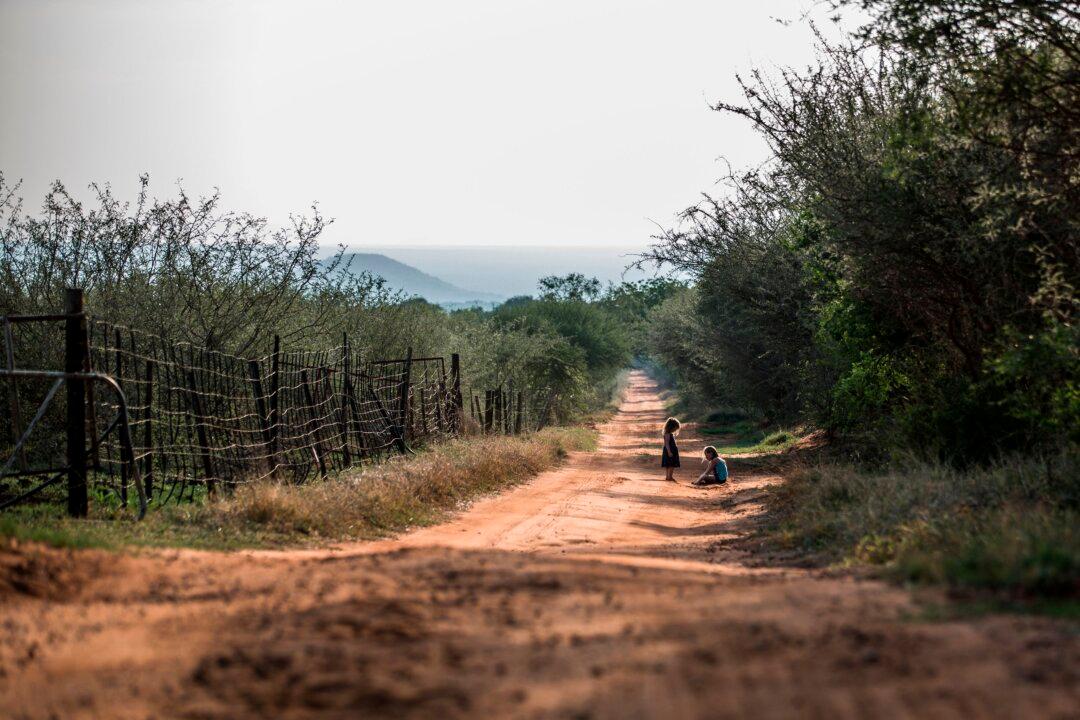JOHANNESBURG, South Africa—In what may be a pivotal point in South Africa’s history, the ruling African National Congress party has said it will amend the constitution as soon as possible to make it easier to seize land from white people without compensating them.
The ANC maintains this is necessary for more equality in land ownership, because most commercial ranches remain in the hands of about 30,000 white farmers in a country once governed by colonial rule.





